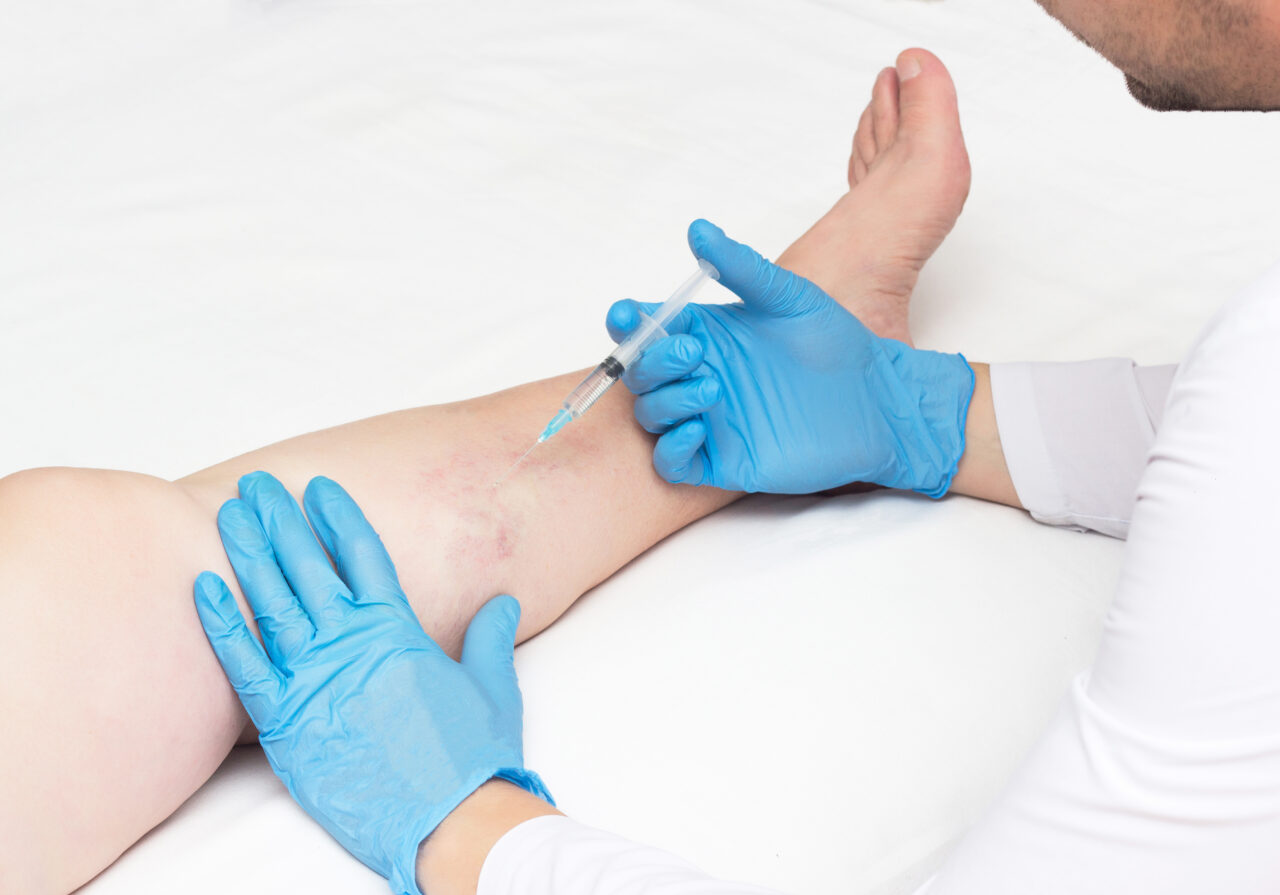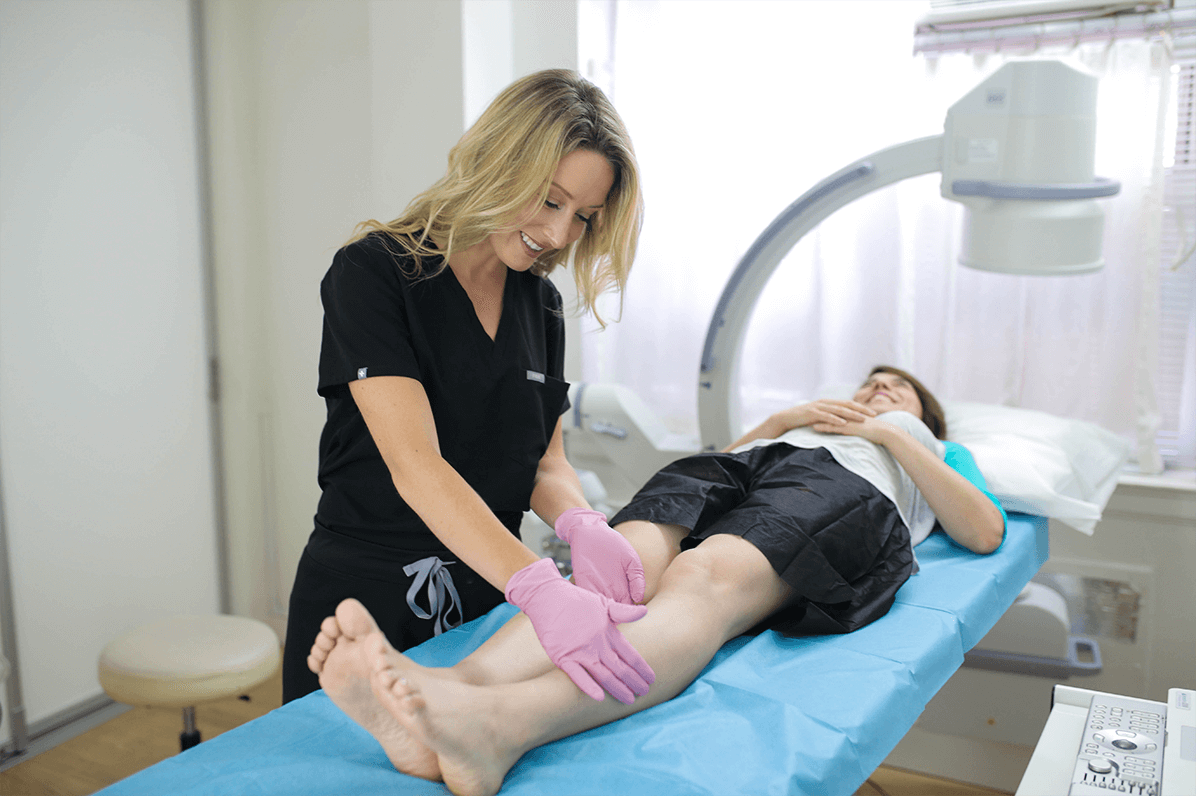A varicose vein is a medical health condition that affects many people, specifically when your age starts to grow to old age. It happens when the veins in your legs become enlarged, swollen, and twisted. These veins are often visible beneath the skin's surface and can range in color from blue to purple. In some cases, varicose veins cause discomfort; in others, it becomes a cosmetic concern. Let's delve into what varicose veins are and their common symptoms.
What Are Varicose Veins?
When veins get weak and lose their elasticity, they stop preventing the proper blood flow, which is a major reason for developing varicose veins. These veins are swollen, enlarged, and twisted. In this situation, blood flows only in one direction towards the heart. Blood can collect in the veins when they aren't functioning correctly, which causes them to expand and take on the recognizable appearance of varicose veins.
What Kind Of Doctor Treats Veins
A vascular doctor who provides the line of treatment for treating veins. Must remember that they have years of experience treating veins and arteries and have qualified certifications.

Consult vein specialists if you're dealing with leg pain, swelling, bulginess, and suspect varicose veins in your legs.
What Are the Symptoms of Varicose Veins?
Bulginess, twisted and enlarged just beneath the skin surface, are some common symptoms of varicose veins that are usually visible on the legs and ankles. Let's move to some c common symptoms of varicose veins that are mentioned below:-
Itching or Bulkiness
People dealing with varicose veins complain about the itching or bulkiness in the legs. The situation may get worse when an individual stands or sits for long hours
Pain
Varicose veins people can cause pain that varies from mild to severe. It may be defined as burning, sensation, or throbbing in the legs.
Swelling
You may experience swelling, specifically in ankles and lower legs, that can be identified only after sitting or standing for long hours.
Itching
Some people have to deal with itching or discomfort in the affected areas.

Changes in Skin
The skin color starts changing over time, including discoloration, dryness, or inflammation.
Complications
Sometimes, varicose veins become serious issues that cause leg ulcers or blood clots.
Treatment Options For Varicose Veins
People who are dealing with varicose veins are seeking treatment options to cure the issue. Most cases don't require any, or you can consider the following points that are mentioned below:-
- Wearing compression stockings is the best treatment for treating varicose veins, and this is designed in such a way that it helps your legs to flow the blood in an upward direction. Also, they provide strong support to ankles and gradually loosen the veins once they ascend toward your abdomen and heart.
- Throughout the day, elevate your legs for 10 to 15 minutes at a regular period of time. With this, you can prevent blood from accumulating in your veins and aid your blood flow toward your heart.
- Make your lifestyle habits healthy and add yoga exercises to your daily lives. Do not forget to maintain weight.
Conclusion
Kind of doctor treats veins are vascular surgeons, vein specialists, and phlebologists - all these are specialized in treating varicose veins. Discuss your issues and explain them elaborately to identify the root cause of health conditions. We've shared the basic information about Varicose veins hoping that will help you for more better treatment.






